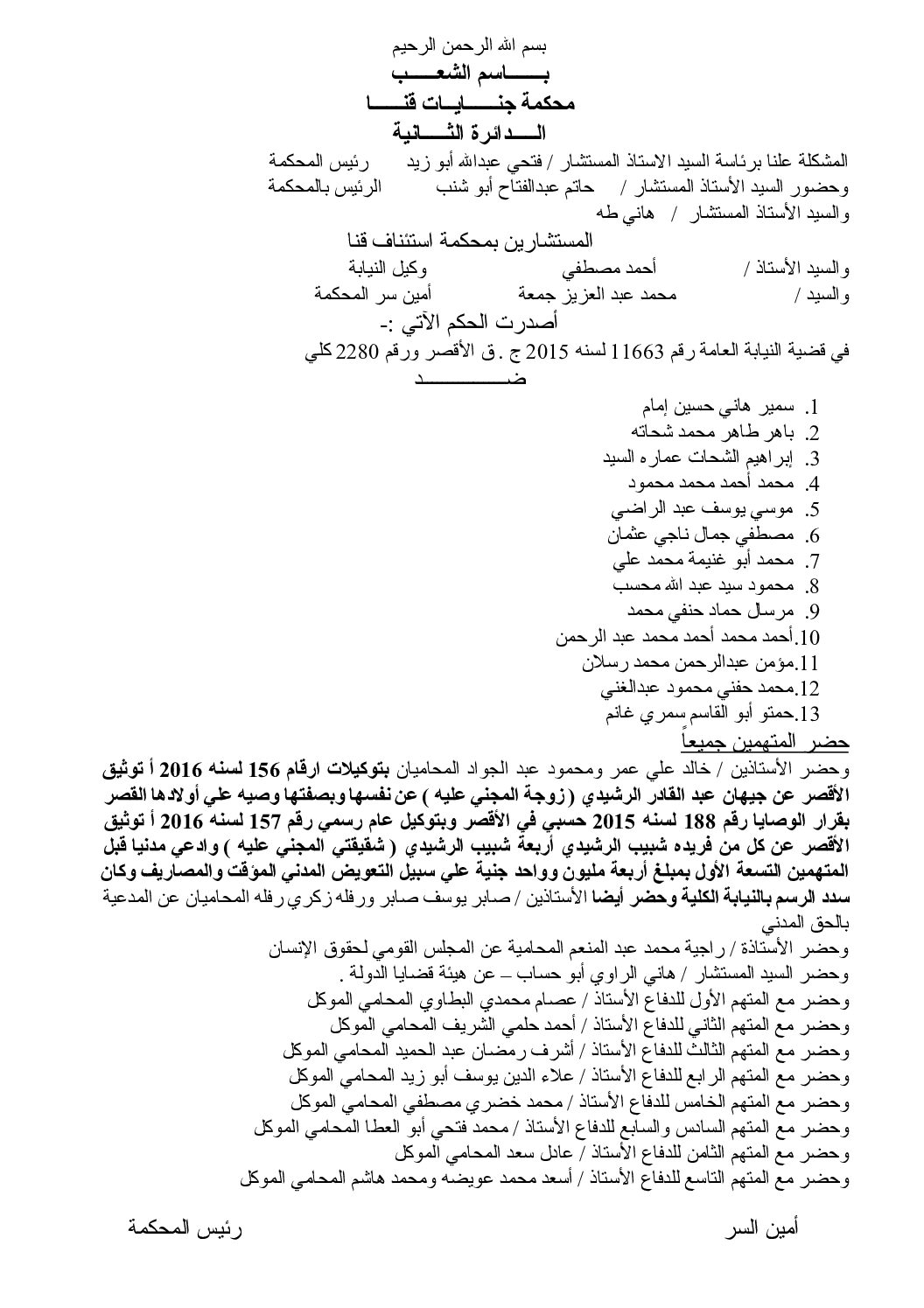Social Justice | State Commissioners Recommend In-Kind Reparation for Expropriated Citizens Upon Refusal of Financial Compensation
The Board of State Commissioners approved a new judiciary principle, recommending that citizens who are stripped of their property for public benefit are entitled to in-kind compensation and obliging the state to provide them with alternative lands, in the event that they reject financial compensation.
The case dates back to the the period after the Prime Minister issued decision No.2136 of 2009, published in Issue 45 of the of Official Gazette on 5/8/2009. The decision considered that the project for the ring road crossings around the city of Fayoum to be for public benefit and thus the lands where the project will be implemented were directly requisitioned.
In its session held on 25/6/2008 the Governorate Local Popular Council agreed on the public benefit status of the project. The Minister of Agriculture and Land Reclamation agreed to establish the project through an official directive No.518 on 5/5/2008.
The amount of LE3,915,613 was deposited through check no.1743567 on 10/5/2007, in addition to LE2,489,647 through check no.1743762 on 5/5/2008, at the Survey Department in the Governorate to cover initial compensation for the requisitioned land.
This led the citizen Hussein Rizkallah to reject financial payments and he refused to be financially compensated, considering that his financial compensation under the concept of public benefit to be an exceptional gain of the requisitioning of his land. He requested an in-kind compensation in the form of an alternative piece of property, with the same area as the land seized from his property. The administration refused to provide him with an alternative piece of land, despite the existence of a vacant piece of land with specifications similar to his own property. He was forced to seek justice in the courts, so he decided to ask the Egyptian Center for Economic and Social Rights (ECESR) to file a lawsuit on his behalf, demanding an in-kind compensation.
Since successive Egyptian constitutions stipulated the sanctity and protection of private property and since there was no doubt that the requisitioning of his property would cause harm to its owner through depriving him of his money, the report by the Board of State Commissioners of the Administrative Court agreed to recommend for the first time the idea of obliging the state to provide in-kind compensation, as an alternative to financial compensation, for the requisitioning of land for public benefit.

